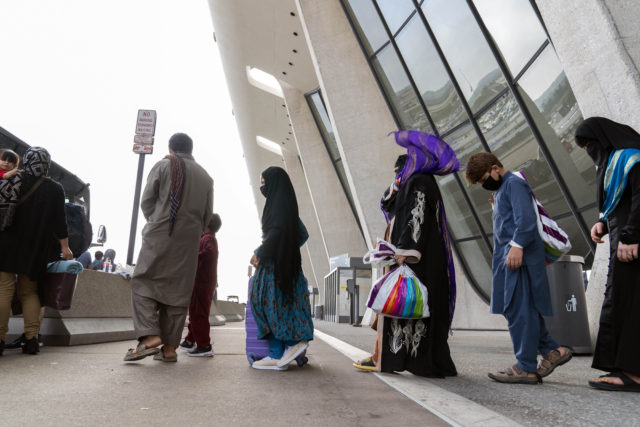By Emily Cousins | Staff Writer
After the withdrawal of United States troops from Afghanistan, discussions across communities are discussing the best way to respond and what to expect next.
Baylor hosted the virtual panel discussion Facing Forward: Afghanistan After America today.
Fawzia Koofi, a former member of the Parliament of Afghanistan and former Vice President of the National Assembly, said during the panel discussion that after investing time and energy for the past 20 years into the betterment of Afghanistan, it is disheartening to see it fall apart so quickly.
“We need a coordinated, strong voice for the people of Afghanistan by the international community,” Koofi said. “Unfortunately, what we’re seeing is not many people are taking leadership right now. What we need is global leadership in this situation. And so, if some countries are slipping out, international organizations like the United Nations, for example, should step in and play a larger role.”
Koofi said she thinks there is still time to work out a political settlement because a government has not been announced yet.
Aref Dostyar, consul general of Afghanistan to the western United States, said the topic of Afghanistan is not just a theory or discussion tool, it is his family, friends and his country.
“The fact that many people are concerned about the situation, not only Afghans but people in the region and the global community, all lead us to believe that there is an opportunity still, even though that window may be very, very small,” Dostyar said. “I would like to say to our American colleagues and friends that it’s not over.”
Koofi said the Taliban needs to accept women’s rights and freedoms.
“Women are not an avoidable part of the society,” she said. “They must talk to them. They must engage with them and make sure the country will not move without including women.”
Koofi also said since the U.S. withdrew, the people are struggling.
“The other fear people have is lack of opportunities,” she said. “Millions of people are jobless. Can you believe it, especially the impact of this on women … because a lot of these women who were working, they were the breadwinners of their families. So when they are asked to stay home and put a notice … A lot of people have no hope that they will return to normal life.”
Dostyar said people have a responsibility to care about the people in Afghanistan.
“We have to step up and take the leap and do things,” Dostyar said. “It’s not just an Afghan problem. It is a regional problem. It is a global problem … None of us from the outside, even right now, we don’t know when we will be able to go back,” Dostyar said.
If the withdrawal had been slower and more thought out, Koofi said the result would’ve been better.
“These are unbelievably emotional days,” Koofi said. “We are undergoing an enormous level of mental torture right now for what has happened. We blame ourselves for not being good leaders, and we trusted our friends, and we are in a situation that we are now, and this could have been avoided.”



